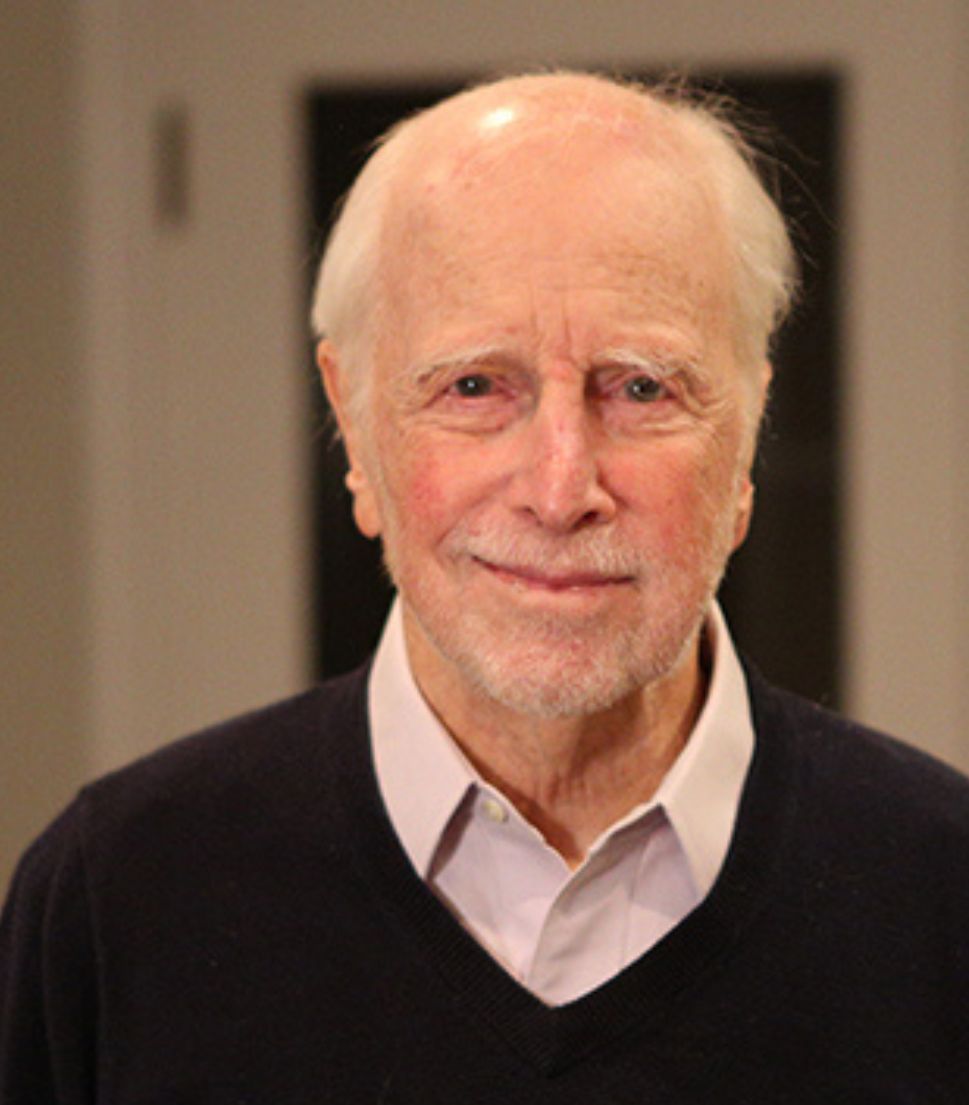BIO
Anthony G. Greenwald (New York, United States) has been Professor of Psychology at the University of Washington since 1986, and Professor Emeritus there since 2020. Previously, from 1965 to 1986, he held a professorship at the Ohio State University. He received his BA from Yale (1959) and MA (1961) and PhD (1963) from Harvard University. Author or editor of six books and more than 200 scholarly articles, he has served on the editorial boards of thirteen psychology journals. Greenwald was elected to the American Academy of Arts and Sciences in 2007 and is also a member of the American Psychological Association and the American Association for the Advancement of Science. He is co-founder and past president of the non-profit organization Project Implicit, which works to provide education about implicit bias and to advance the science of implicit cognition and understanding of its role in consequential decision-making.
CONTRIBUTION
Anthony G. Greenwald began to gain prominence in the field of attitudinal psychology with the publication of his 1980 article “The Totalitarian Ego”, in which he argues that the “self” biases and selects information in a similar way as a dictatorial government. Fifteen years later, building on cognitive psychologists’ investigations of implicit memory, he became interested in showing how the mind acquires knowledge that then influences social behavior without awareness.
In their 1995 paper “Implicit Social Cognition: Attitudes, Self-esteem and Stereotypes,” published in the journal Psychological Review, Greenwald and Mahzarin Banaji first put forward the term “implicit bias”. In it, the two researchers described what was known about implicit attitudes and stereotypes, while acknowledging that there was as yet no means of measuring them. Armed with this motivation, Greenwald created a procedure to measure implicit attitudes and stereotypes by using reaction times in a procedure to which he gave the name Implicit Association Test (IAT).
The IAT enables measurement of attitudes and stereotypes that are susceptible to errors resulting from most persons’ desire to present themselves favorably. This is because prejudicial attitudes, such as racism or sexism, are socially frowned on. “We know that these biases are formed at a very young age, starting at two years old, if not earlier. And they are also much more widespread in the population than the explicit biases that people admit to in self-report measures”, explains the professor.
This method has served as a starting point for numerous applications in clinical psychology, education, marketing and diversity management, and has been used for data collection in over 2,000 papers. Greenwald himself is currently applying the science in a legal context, helping people who are suing on the basis of discrimination to win their cases using the concepts of implicit bias. The story of IAT and its uses was the subject of the book Blindspot: Hidden Biases of Good People, which Greenwald co-wrote with Mahzarin Banaji. It was subsequently removed from public libraries in a number of U.S. states since Hillary Clinton popularized the term implicit bias in her 2016 presidential campaign.


